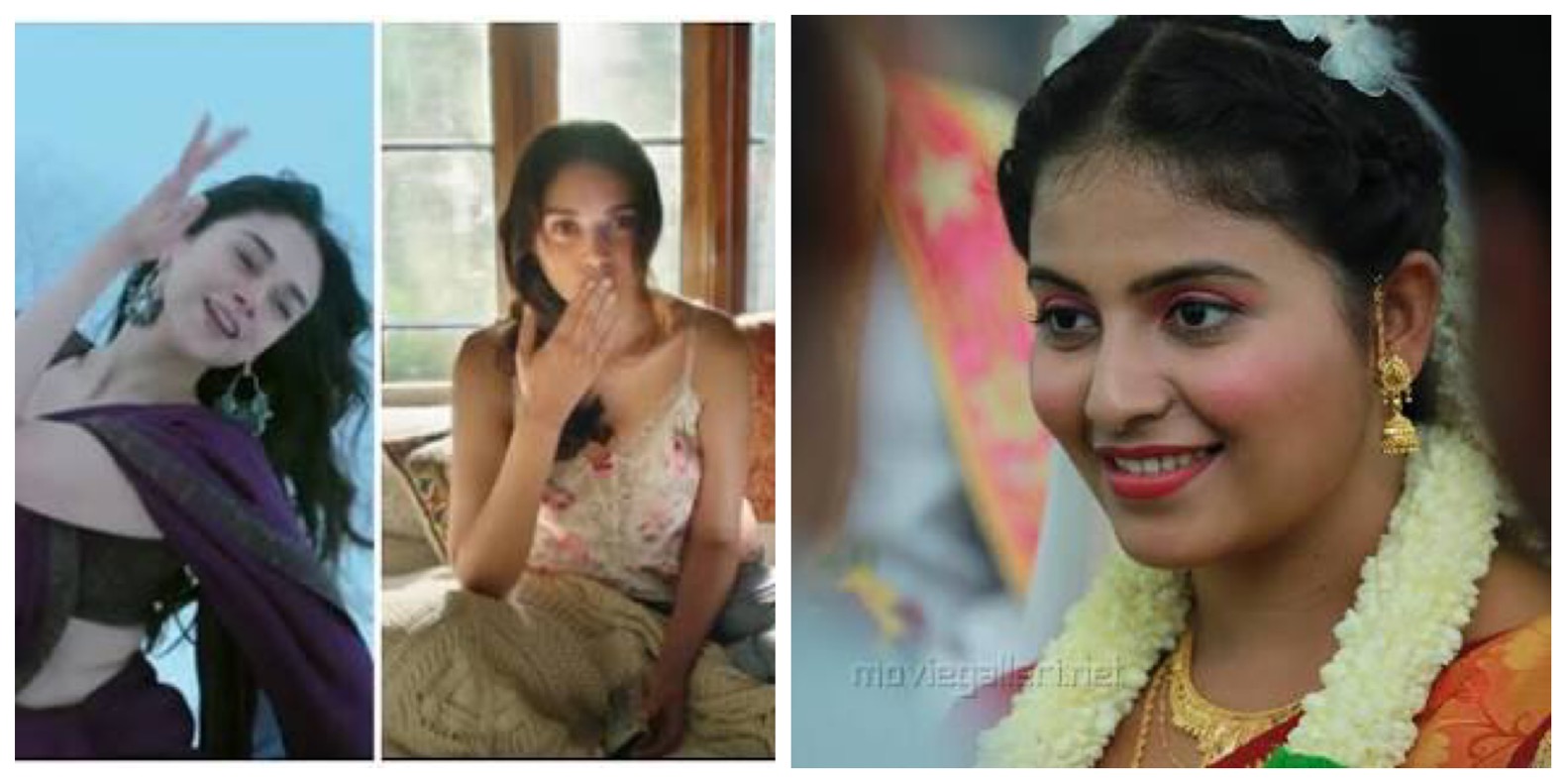Did you know about Bechtel test? It is a test done to every film ever made. So, the test goes like this, “take a movie with at least two female characters who know each other, have character names and appear in the movie for more than 30 minutes and discuss something other than men or anyone else, but only them.” Very few movies have passed this test, very few. We are not giving you names of the movies that passed. The fact that there are only a few movies that have passed this test makes one thing very clear, we are not making or seeing movies that focus on women. After realizing this, you might wonder about few films, which you considered very women oriented and women empowering. Unfortunately, most of the movies you had in mind failed the test. Let us look at some of the movies made recently in Tamil Cinema, some that got a lot of attention because they were claimed or reviewed to be women empowered movies.
The recent release Taramani, Kaatru Veilyidai and last year’s release Iraivi. These movies were meant to focus on women who handled abusive men in life, and how they overcome it.
Fun fact: None of these three movies showed us how the women in these movies went through the sufferings.
Taramani showed us, Andrea, kicking out the hero. Empowering, but it never showed us what she did after that. Of course, there were few scenes, just a glimpse. Instead, we saw this complete story of how the hero woos women and surprisingly gets out without trouble. We saw him being buried on the beach, we saw him correcting his wrongs. So not a woman film.
Iraivi saw many abusive men and many suffering women. However metaphorically the director tried showing all this, but he ended up focusing on the male characters and why they were after all this mean and bad. It never showed how Anjali struggled when Vijay was in Jail. It never showed us how Vadivu Karasi landed in a hospital bed. It only declared women are suffering because of the men in their life, rather than showing us how these women tackle it. The film showed why these men became what they have become and kind of tried to make us feel sympathetic for them.
The last example is a Mani Ratnam movie, surprisingly. The director who has shown brilliant woman arc in many of his movies failed in it in the one movie he dedicatedly made for them. Leela was refreshing, but she wasn’t the major story arc. She was yet again one of the woman suffering. We are still wondering how she handled being a single mom, in 1990’s. We are still wondering why she accepted V.C? Eternal love? Seriously? Why go on and make a movie about an abusive guy, portray him in such a way the audience doesn’t like him, but the lady has to accept him? Why is she doomed with this guy?
These so-called feminist movies made in Tamil cinema are yet another way of telling women suffer but no one cares. We take time to show how this abusive man becomes that, we show how his film failed to hit screens, how he has a temper and how he has a lost life, but somehow in all these movies the women were ready to accept them/accepted them. Is it a way of telling women are kind-hearted? Aren’t we sending out a really bad message? The very bad message Anjali was told by the old women around her?
No matter how abusive the man is, the woman will have to endure it and accept him. She has to forgive and forget, she has to wait for him to realize his mistakes, and once he does, welcome him warmly, isn’t it? Don’t you think this might become a reason for some woman somewhere to not tell her parents or friends about the abuse she is facing, because she learnt to wait and endure it all, with a hope that he will become fine one day?
We are not saying walking out is the only solution; we are just saying it’s also a solution. Women are not Iraivis
(Goddess), we are normal people, with normal feelings and normal expectations. We aren’t godly to tolerate everything and smile, we are humans and we would love to be treated and portrayed like one.
We ditch, they drink and dance for a hatred song, Adi da Avala, odha da avala?
We accept, they get the end card rolling.
Do we have a say at all? Ever?

